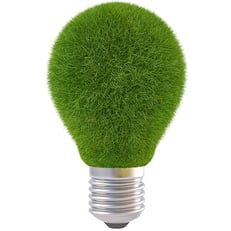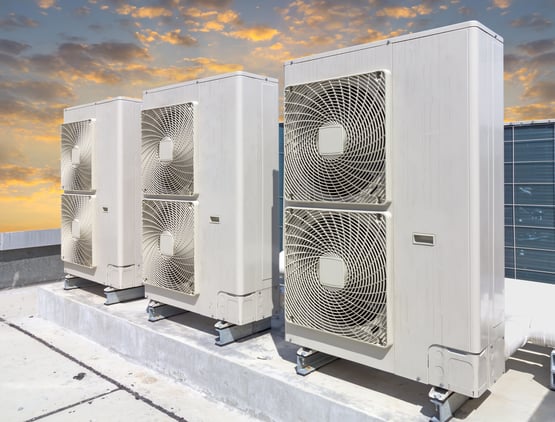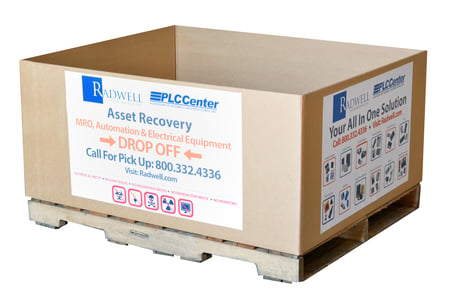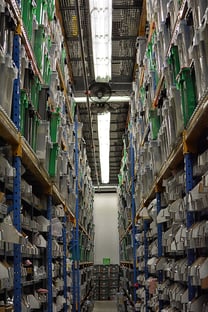
In the business climate of today, it’s no longer an option to run a manufacturing facility as greenly as possible- it's a necessity. With the rising cost of doing business, finding ways to help the environment and reduce costs is a new standard. It's a standard that many are working hard to achieve in their daily business operations.
For manufacturing facilities, with their large working spaces and equipment-driven operations, going green can be even more critical. Finding ways to help the environment can be challenging but there are four simple ways to make a decent level of “green” impact:
Energy Audits: Having regular energy audits conducted by Manufacturing Energy Auditors can raise awareness of energy use and keep plant managers and workers focused on the level of energy that is regularly utilized. It can also showcase, in a proactive way, any issues that may be occurring in systems by viewing and comparing energy use from audit to audit. This is a great way to proactively monitor the basic operational energy efficiency of a facility. Increasing energy efficiency can include adding insulation, sealing air leaks, replacing older motors with more efficient ones, etc.

Heating and Cooling: In manufacturing operations, maintaining heating and cooling can be challenging. Insuring that climate is appropriately controlled is important both for equipment to run properly and for workers to be able to work at maximum efficiency. Conducting regular audits of heating and cooling equipment is a great way to be proactive and avoid costly surprise repairs. Insuring that equipment is up to date and running efficiently helps save energy as well as costs. Sometimes spending extra money on the front end to upgrade HVAC equipment can provide cost benefits for years to come. Utilizing timers to help reduce electricity use can also be an energy and cost savings. On average, up to 30% of energy use comes from HVAC equipment usage in a manufacturing environment so it is worth exploring the most energy efficient HVAC solutions.
Lighting: Lighting can be more costly than it might initially appear. By changing lighting throughout the operation to energy efficient solutions, a lot of energy and money can be saved. A manufacturing lighting specialist can help determine where changes can be made for the greatest impact to the manufacturing operation.

Recycling Electronics and Selling Used Excess Inventory: In any large operation, there are unused items that can be recycled as well as excess inventory. By working with a company that helps recycle as well as purchases excess inventory, a manufacturing operation can open up valuable warehouse space and get paid to clear out outdated items that are no longer used within their operation. For example, Radwell International offers various options for clients to sell their excess inventory. The sender can either do their own cataloging or have Radwell do the cataloging of the items for them. Before the interaction is complete, a Radwell representative will contact the customer with a value for their unwanted items and if the customer approves the

amount, the sale is completed. It’s a win for the customer selling the items and also a win for future customers looking to purchase items that may be obsolete or difficult to find for their own operations. Surplus items from Radwell are evaluated and sorted upon arrival. If they can be resold they are placed into inventory and if they cannot be resold they are disposed of safely. When these items are resold they can be purchased at a discounted rate (from 50-90% off retail). Recycling and Selling Used Inventory can be a green solution that provides savings all around.
By exploring greener solutions for manufacturing, companies are saving energy, preserving natural resources for future generations and cutting operational costs. It would be difficult to dispute that facilities that “go green” are the ones who save the most green.
By Julie Basello for Radwell International
